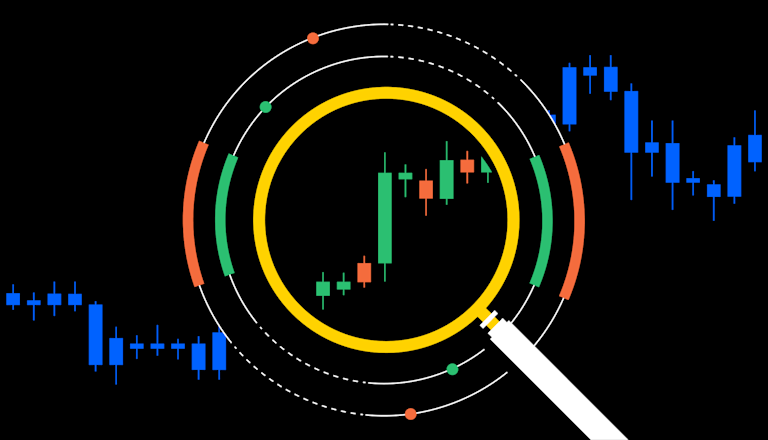
The Rise and Evolution of Global Crypto Trading
In recent years, global crypto trading has surged, transforming the financial landscape. With the advent of blockchain technology and the increasing acceptance of cryptocurrencies as viable financial instruments, this sector has become a focal point for investors around the world. The decentralized nature of cryptocurrencies allows for borderless transactions, presenting both opportunities and challenges. As we delve into this intricate world of digital currencies, we will uncover the key components, trends, and regulatory environments shaping the future of global crypto trading. For more detailed information, you can global crypto trading visit website.
Understanding Crypto Trading
Crypto trading involves the buying and selling of cryptocurrencies with the aim of making a profit. Unlike traditional stock markets, crypto markets operate 24/7, allowing traders to capitalize on price fluctuations at any time. This round-the-clock accessibility has attracted a diverse range of participants, from seasoned traders to casual investors. The primary platforms for trading cryptocurrencies are exchanges, which facilitate the exchange of digital assets for fiat currencies or other cryptocurrencies.
Key Factors Influencing Global Crypto Trading
The landscape of global crypto trading is influenced by several key factors:
- Market Volatility: Cryptocurrencies are notoriously volatile. Factors like market sentiment, news events, and economic indicators can lead to rapid price changes, creating opportunities for profit but also risks for traders.
- Regulatory Environment: The regulatory stance of various countries impacts crypto trading. While some nations embrace cryptocurrencies by creating favorable regulatory frameworks, others impose strict regulations or outright bans.
- Technological Advancements: Innovations in blockchain technology and related fields enhance the efficiency and security of trading. Developments like decentralized finance (DeFi) and non-fungible tokens (NFTs) are reshaping trading strategies and market offerings.
Trends in Global Crypto Trading
The global crypto trading landscape is rapidly evolving, with several prominent trends emerging:
1. Institutional Adoption
Institutional investors are increasingly participating in the crypto market, bringing substantial capital and legitimacy. Companies like Tesla and Square have invested in Bitcoin, leading to increased interest from other institutional entities. This trend is expected to continue as more financial institutions seek to offer crypto-related services to their clients.

2. Decentralized Finance (DeFi)
Decentralized finance has gained traction, allowing users to engage in financial activities without intermediaries. DeFi platforms enable lending, borrowing, and trading with liquidity pools, attracting a new wave of traders looking to maximize their profits.
3. Increased Use of Stablecoins
Stablecoins have emerged as a popular alternative to volatile cryptocurrencies. Pegged to fiat currencies, they provide a stable store of value, making them ideal for trading and hedging against market fluctuations.
Challenges Facing Global Crypto Trading
Despite the numerous opportunities, global crypto trading faces significant challenges:
- Regulatory Uncertainty: The lack of a consistent regulatory framework can deter investors. Traders must navigate different regulations across jurisdictions, complicating cross-border trading.
- Security Concerns: Crypto exchanges have been targets for hacks and fraud, leading to significant losses. Ensuring the security of digital assets is paramount for both exchanges and traders.
- Market Manipulation: The relatively low market capitalization of many cryptocurrencies makes them susceptible to price manipulation tactics, posing risks for unsuspecting traders.
The Future of Global Crypto Trading
Looking ahead, the future of global crypto trading appears promising yet complex. Increased regulatory clarity will likely play a vital role in fostering confidence among investors. As digital currencies gain mainstream acceptance, we can anticipate the development of more robust trading infrastructures, enhanced security measures, and a wider array of financial products.
Furthermore, the integration of artificial intelligence and machine learning into trading strategies may revolutionize the way traders execute their transactions, providing them with insights that were previously unattainable. The evolution of e-wallets and mobile payment solutions is also likely to facilitate easier access to crypto trading, catering to the increasing number of retail investors.
Conclusion
Global crypto trading represents a dynamic and rapidly evolving sector within the financial ecosystem. With its unique features, such as decentralization, 24/7 trading, and innovative technologies, it continues to attract a broad spectrum of participants. While significant challenges remain, the growing interest from institutional investors, regulatory progress, and technological advancements signal a bright future for the cryptocurrency market. As more individuals and businesses engage with digital currencies, the landscape of global finance will undoubtedly continue to transform.
Danh mục: Trading1
